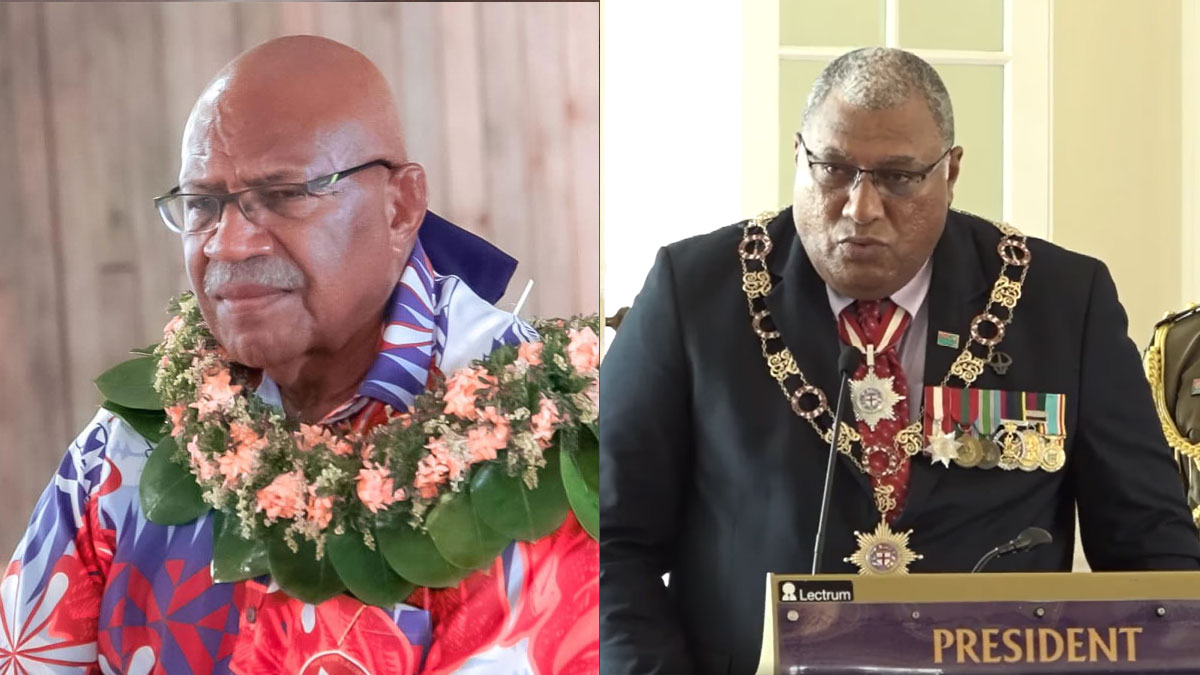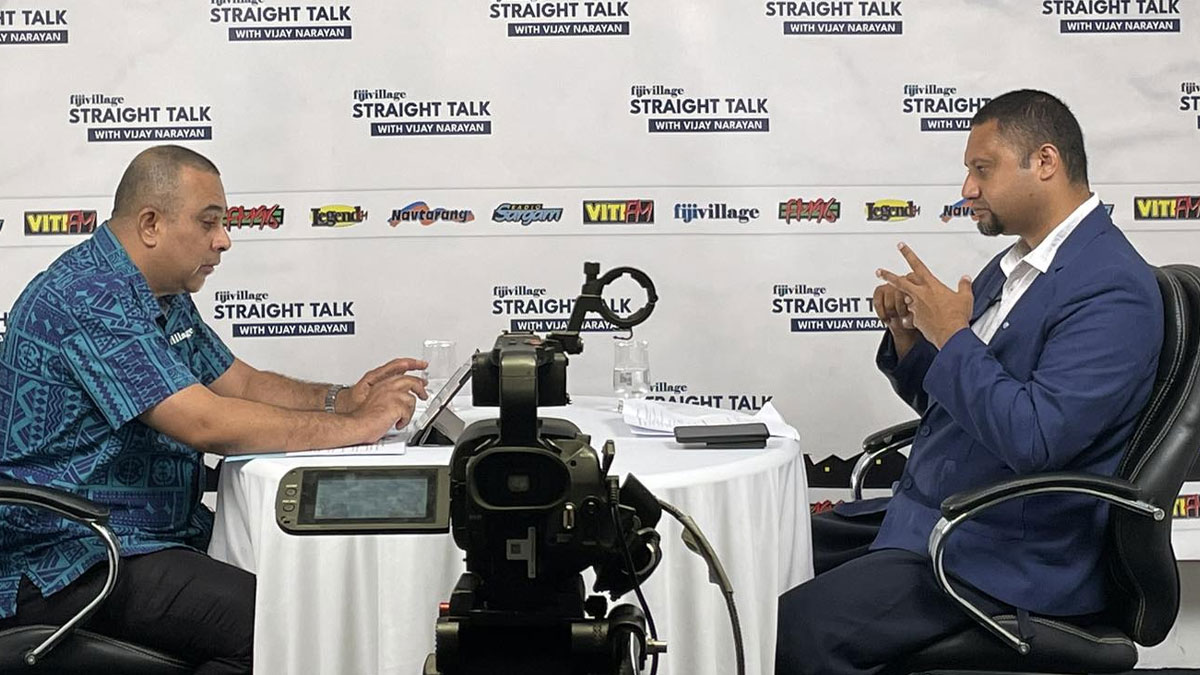
People’s Alliance Leader and Prime Minister-designate, Sitiveni Rabuka confirms he has written to the President, Ratu Wiliame Katonivere regarding the People’s Alliance/National Federation Party and SODELPA coalition government.
In an interview with fijivillage News, Rabuka says they will now wait for the President to call for parliament to sit.
Rabuka also says while the FijiFirst Party and Leader do not have to concede defeat legally, a responsible leadership would do that in the best interest of the people after the People’s Alliance, NFP and SODELPA coalition was confirmed last night.
FijiFirst Leader, Voreqe Bainimarama has not spoken publicly after the official elections results were released.
However in a press conference, FijiFirst General Secretary, Aiyaz Sayed-Khaiyum says Josaia Voreqe Bainimarama is still the Prime Minister and the Prime Minister will be chosen on the floor of parliament when it is called by the President. President Ratu Wiliame Katonivere is yet to summon parliament.
We have sent questions to the Office of the President on when the sitting will take place. They are yet to comment.
It has been stated that after SODELPA’s decision to go into a coalition with the People’s Alliance and the National Federation Party, a written directive from the party will be given to the three SODELPA MPs, Viliame Gavoka, Aseri Radrodro and Ifereimi Vasu to follow the party’s decision and vote for the chosen party in parliament.
This will be legally binding.
If someone does not vote along the party lines, then according to the 2013 Fijian Constitution, they will lose their parliamentary seat.
According to section 67 of the Fijian Constitution, after a general election of members of Parliament, the Parliament shall be summoned to meet by the President no later than 14 days after the announcement of the results of the general election.
At the first meeting, the agenda of business shall include swearing-in of members, presided over by the Secretary-General to Parliament; the election of the Speaker presided over by the Secretary-General to Parliament; swearing-in of the Speaker, the election and swearing-in of the Deputy Speaker presided over by the Speaker; the appointment of the Prime Minister by the members of Parliament and the election of the Leader of the Opposition.
Under section 93(3) of the Constitution, after a general election, if no one political party has won more than 50% of the total number of seats in Parliament, then, at the first sitting of Parliament, the Speaker must call for nominations from members of Parliament and, if only one person is nominated and seconded, then that person assumes office as the Prime Minister by taking before the President the oath or affirmation of allegiance and office (which the President must administer); but if more than one person is nominated and seconded, the Speaker must conduct a vote. If after the first vote, a person who is nominated has the support of more than 50% of the members of Parliament, then that person assumes office as the Prime Minister by taking before the President the oath or affirmation of allegiance and office (which the President must administer).
If after the first vote, no person who is nominated receives the support of more than 50% of the members of Parliament, a second vote must be held within 24 hours of the first vote and, if after the second vote, a person who is nominated has the support of more than 50% of the members of Parliament, then that person assumes office as the Prime Minister by taking before the President the oath or affirmation of allegiance and office (which the President must administer).
If after the second vote, no person who is nominated receives the support of more than 50% of the members of Parliament, a third vote must be held within 24 hours of the second vote and, if after the third vote, a person who is nominated has the support of more than 50% of the members of Parliament, then that person assumes office as the Prime Minister by taking before the President the oath or affirmation of allegiance and office; and if after the third vote, no person receives the support of more than 50% of the members of Parliament, the Speaker shall notify the President in writing of the inability of Parliament to appoint a Prime Minister, and the President shall, within 24 hours of the notification, dissolve Parliament and issue the writ for a general election to take place in accordance with the Constitution.
Stay with us for developments.
Stay tuned for the latest news on our radio stations


